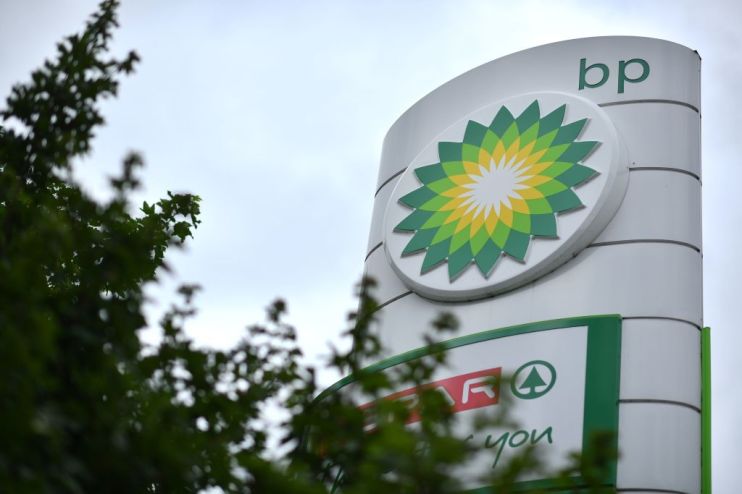BP swings back to profit but coronavirus weighs on demand

BP returned to a small profit in the third quarter, but warned the pace of recovery from Covid-19 remains uncertain as the pandemic weighs on fuel demand and refining profits.
The oil major reported a profit of $86m (£66m) profit for the three months to 30 September, beating analysts’ expectations of a $120m loss. The results follow a record $6.7bn loss in the second quarter.
Chief executive Bernard Looney said the company was “performing while transforming” despite operating in “a challenging environment”.
BP reported a slow recovery in oil prices but extremely weak refining profit margins amid continued weak demand for fuel, especially aviation fuel, due to the pandemic.
The oil major’s refining margin of $6.20 per barrel was up slightly from the previous quarter but less than half of what it was a year earlier. Underlying profit at BP’s downstream business was $636 million – a third of the level seen a year earlier.
Hargreaves Lansdown analyst Susannah Streeter said that while BP’s results were “a stark improvement” on the previous quarter, there were plenty of challenges ahead for the oil major.
Before the Open newsletter: Start your day with the City View podcast and key market data
“An uptick in global demand for oil has certainly helped but there is still a huge task ahead for the company to make the pivot to a green energy future while grappling with the collapse in the oil price,” she said.
BP transition ‘like turning around a supertanker’
Global oil prices now stand at $41, but in order to break even BP needs to sell its barrels at a price of $42 each.
Across the next decade, BP is planning to increase its low carbon invest tenfold by 2030 to $5bn.
It will also build as much renewable energy capacity – 50 gigawatts – in 10 years than currently exists in the UK.
Michael Hewson, chief markets analyst at CMC Markets, said: “With oil prices unlikely to move much above $50 a barrel in the near future and the pandemic hollowing out demand, the drive towards renewables and other alternative sources of energy is now likely to speed up.
“The reality is the investment required will need to be a lot higher than has traditionally been the norm.
“It is also true that turning around a company of BP’s size and mind-set was always going to be akin to turning around a super tanker, which means investors may well have to wait quite a while longer for any form of payback”, he added.
BP shares rose 1.8 per cent in morning trading following the results. The firm’s shares are down more than 50 per cent this year and remain near 25-year lows, battered by concerns over oil demand during the pandemic as well as investor concerns about BP’s ability to successfully shift to renewable energy from fossil fuels.
The board held the firm’s dividend at 5.25 cents per share after last quarter saw payouts cut for the first time in a decade.
The company is planning to cut headcount by around 10,000 in the coming months at a cost of around $1.4bn spread over the next couple of years.
“The ongoing impacts of the Covid-19 pandemic continue to create a volatile and challenging trading environment,” BP said in a statement.
“BP’s future financial performance, including cash flows, net debt and gearing, will be impacted by the extent and duration of the current market conditions,” the company added.
“It is difficult to predict when current supply and demand imbalances will be resolved and what the ultimate impact of Covid-19 will be.”